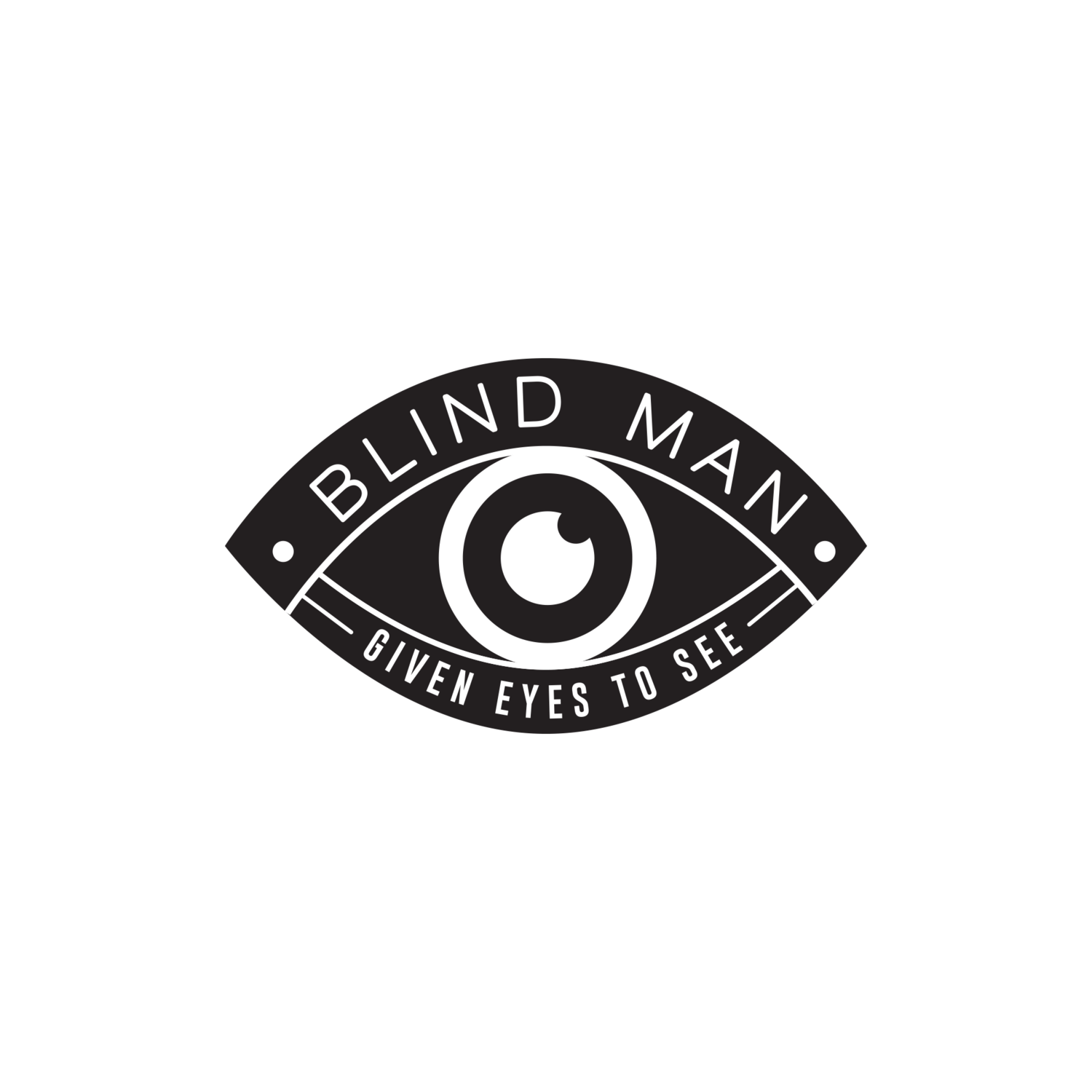“Addiction is a chronic and relapsing disorder marked by persistent substance use despite a host of negative consequences” (Ray & Courtney, 2013).
Recently, I have encountered many Christians who say that addiction is not a disease it is purely a matter of choice and self-control. As somebody in recovery and finishing up his Masters in Addiction Counseling, I firmly say that is bologna, and can be a very dangerous and harmful thing to say.
Addiction is even defined as a disease by the American Medical Association and American Society of Addiction Medicine. It is biopsychosocial disease. Addiction changes the functioning of the brain and body. The Diagnostic and Statistical Manual of Mental Disorders (DSM-5) even has an entire section dedicated to substance-related and addictive disorders. Saying addiction is not a disease is like saying clinical depression is your choice, which I have also experienced in the Church.
Sure, at first, taking that drug or drink is your choice. Addictive substances cause the brain to release high levels of chemicals that are associated with the reward system in the brain. The release of these chemicals causes a transformation in the brain. The body also becomes dependent on the substance. This is why tolerance to a substance increases and withdrawals occur when the addict is without the substance.
The Big Book of Alcoholics anonymous compares addiction to an allergy. A typical person may be able to consume alcohol and remain in control. A true alcoholic loses control at the first drink. That first drink may be their choice, after that, control and will power goes out of the window. It is that addictive reaction that we call a disease or disorder. The person cannot willpower themselves out of this disease any more than they can willpower themselves out of depression or heart disease.
Let’s be clear: having a choice does not determine whether or not something is a disease. Choice might set things in motion, but after that, disease is what happens in the body. Sun exposure is a choice, but the person did not choose to have skin cancer. A person may develop heart disease or diabetes from the choices they make about food and exercise, but we wouldn’t say that they chose to develop those diseases.
Don’t hear what I’m not saying. I’m not saying that the addict should not be responsible for their actions while in active addiction. In fact, the opposite, they should. Their actions still have natural consequences. However, they do need some assistance to get back on their feet when they decide to get clean and sober, be it family, friends, or a case manager. They are basically starting over in life from the negative, not even square one.
The good news is that there is hope. Addiction is treatable. Getting and staying sober will keep you in control of your choices. There are ways to live happy and healthy lives in sobriety. This could mean inpatient treatment, outpatient treatment, or attendance in recovery groups. In the end, God can free any addict from any chains.
References:
Ray, L. A., & Courtney, K. E. (2013). Addiction. In H. Pashler (Ed.), Encyclopedia of the mind. Sage Publications. Credo Reference: https://lopes.idm.oclc.org/login?url=https://search.credoreference.com/content/entry/sagemind/addiction/0?institutionId=5865

